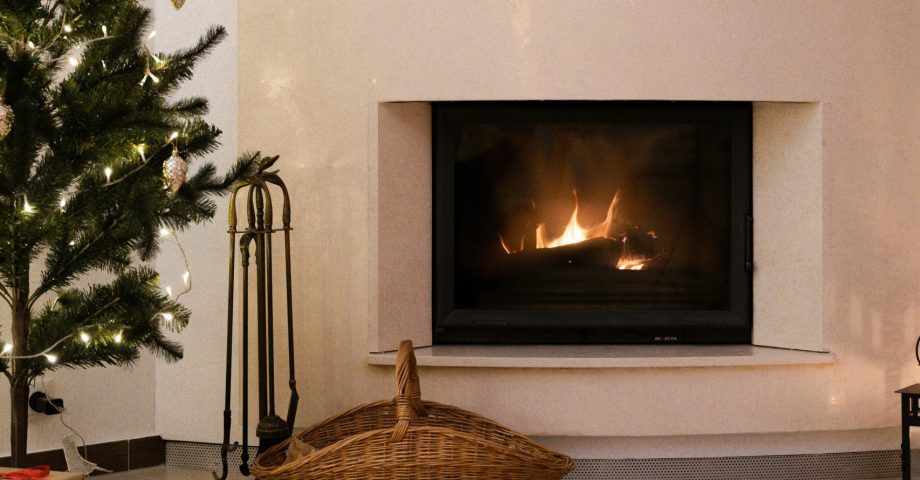The Art and Science of Log Burners Embracing Warmth
Many homeowners seek the cozy warmth of a crackling fire as the winter chill sets in. Log burners are a useful and beautiful addition to any home when it comes to energy, warmth, and the everlasting bond with the natural world. In terms of cost, environmental impact, and efficiency, are log burners really worth the investment? Log burners are expensive, and their impact on the environment is just one of the many factors that make one wonder if log burners are worth it.
Using Log Burners to Their Full Potential
The ability of log burners, commonly referred to as wood-burning stoves, to efficiently heat spaces while creating an atmosphere that electric or gas alternatives frequently lack has led to their increasing popularity. These stoves are popular among people looking for a real heating experience because burning wood produces a warm, inviting atmosphere.
An important aspect of the appeal of log burners is that they are environmentally friendly. Burning wood releases carbon dioxide equivalent to what the tree absorbed during its growth, making it a renewable resource. Those who care about the environment can choose to burn wood sustainably because of this closed carbon cycle.
Still, one question remains: Are log burners really worth the investment? The secret is to carefully weigh all the different aspects that need to be taken into account, such as their overall experience in a home, maintenance requirements, and efficiency.
Cost and Efficiency Factors
The effectiveness of log burners in converting wood into heat is well known. Cutting-edge combustion technology is incorporated into contemporary designs to ensure a cleaner burn and higher heat output. Comparing this efficiency to alternative heating options frequently results in lower energy costs and a smaller environmental impact.
However, the initial outlay required to install a log burner can be substantial. Log burners are an investment worth making, according to many homeowners, because they save money on energy over the long run and provide the intangible pleasure of a warm fire.

The Art of Fire Starting: A Therapeutic Ritual
Putting out a fire in a log burner becomes more than just a practical task; it becomes a ritual, an artistic endeavor that unites people with the primal energies of the natural world. The careful arrangement of kindling, the gentle crackle as the flames take hold, and the radiant warmth that results create a singular sensory experience.
Selecting the proper wood for your log burner enhances this work of art. For longer-lasting warmth that is perfect for chilly evenings, hardwoods like oak and birch burn hotter and slower. Conversely, softwoods ignite rapidly, making them great for swiftly increasing the room’s temperature.
Navigating the Firewood Landscape: A Parafirewood Price Guide
As we embrace the warmth of log burners, it’s essential to navigate the landscape of firewood options. Among these, parafirewood stands out as a convenient and efficient choice. To guide you in understanding parafirewood prices and making informed decisions, check out our comprehensive Para Firewood Price Guide.
In Conclusion
In conclusion, the allure of log burners extends beyond their practicality. They offer a harmonious blend of efficiency, sustainability, and a connection to nature that is often unparalleled. So, if you find yourself contemplating the question, are log burners worth it? The resounding answer is yes, for those who seek not just warmth but an experience that transcends the ordinary. Purchasing a log burner is an investment in a way of life as much as a heating option. The atmosphere is one of poetry and pragmatism, with the dance of flames, the smell of burning wood, and the unmatched warmth. Therefore, let the crackling fire and warm atmosphere be the answer that warms your home and your heart if you have ever wondered whether log burners are worthy.
This page was last modified on January 22, 2024. Suggest an edit









